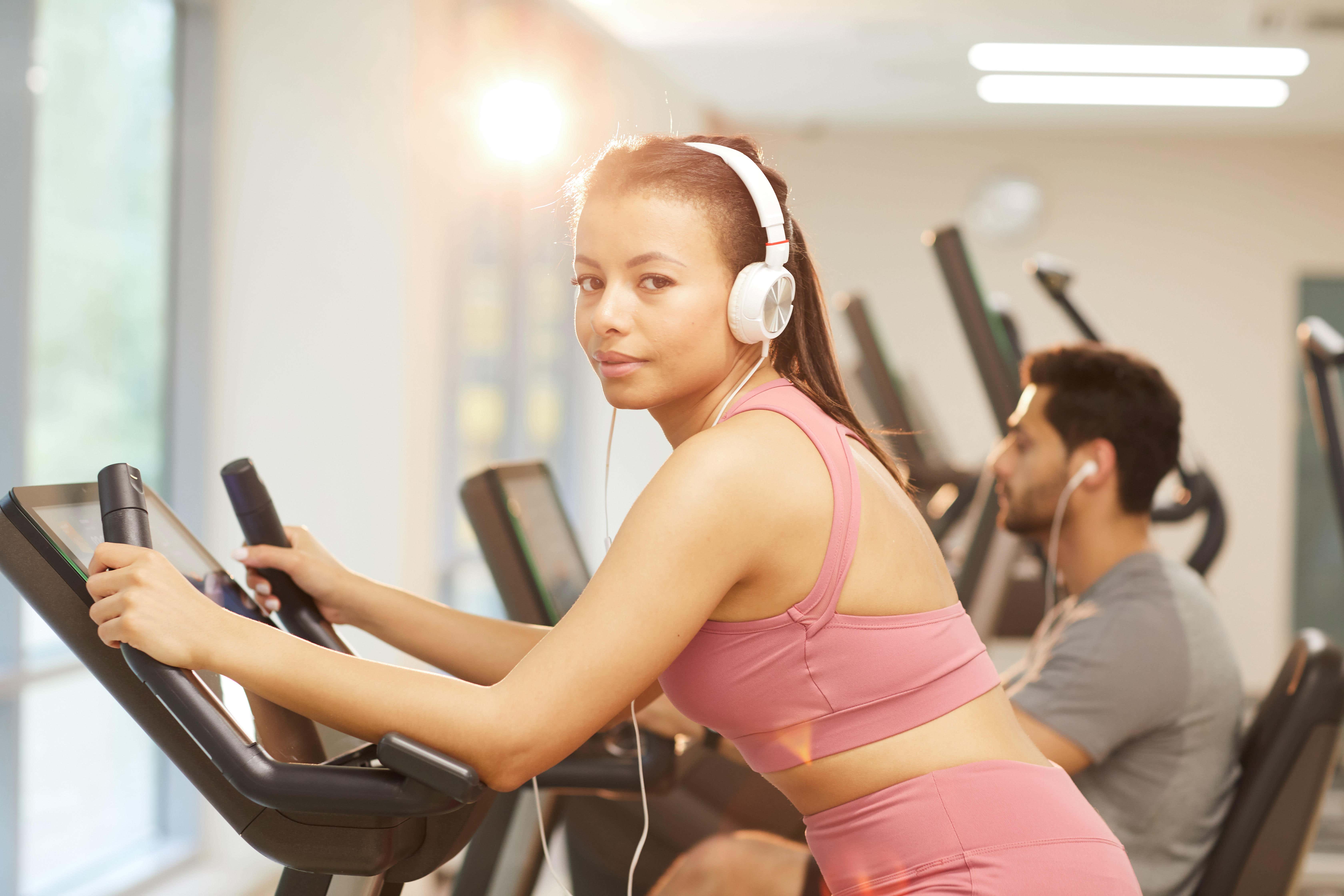Is it OK to wear make-up during exercise?
A new study has looked into what wearing make-up does to the skin when you workout.

Your support helps us to tell the story
From reproductive rights to climate change to Big Tech, The Independent is on the ground when the story is developing. Whether it's investigating the financials of Elon Musk's pro-Trump PAC or producing our latest documentary, 'The A Word', which shines a light on the American women fighting for reproductive rights, we know how important it is to parse out the facts from the messaging.
At such a critical moment in US history, we need reporters on the ground. Your donation allows us to keep sending journalists to speak to both sides of the story.
The Independent is trusted by Americans across the entire political spectrum. And unlike many other quality news outlets, we choose not to lock Americans out of our reporting and analysis with paywalls. We believe quality journalism should be available to everyone, paid for by those who can afford it.
Your support makes all the difference.New research has revealed it is best to not wear make-up during exercise, as it may clog your pores.
A study in the Journal of Cosmetic Dermatology has researched the impact of wearing foundation make-up during exercise on skin and pores.
The study, involving 43 participants who wore make-up on some parts of the face and not on others, showed a “greater increase in moisture” levels on areas where make-up was present, compared to those without. This could result in make-up preventing moisture from evaporating on the skin.
After exercise, the size of pores increased in the areas without make-up, but not as much in the skin sitting beneath the foundation. This may indicate that make-up blocks pores.
“For skin health, it’s best to exercise with your make-up removed,” said the author of the research, Dongsun Park, from the Korean National University of Education.
There was also an increase in oil production in the make-up free areas of the face, and a decrease in the foundation covered areas, suggesting maintaining proper oil levels on the skin could be challenging when wearing make-up.
The skin also became more elastic after exercise for those wearing make-up compared those without.
Grace Day, an aesthetician and skincare expert at Beauty Bay, told the PA news agency that refraining from wearing make-up during exercise may not be feasible for many women, despite the study’s findings.
She advises people avoid using heavy make-up and suggests bringing a facial cleanser to your place of exercise.
She said: “Not wearing make-up just doesn’t feel possible for many of us, for a huge range of reasons. So, to ensure your skin stays glowing on and off the treadmill, your best bet is to cherry-pick the products that won’t be too troublesome to your skin.
“Avoiding heavy make-up, like full coverage foundations, will help to reduce post-workout breakouts. It’s also worth taking your cleanser with you to the gym, so you can cleanse immediately after your session, to get rid of any sweat and bacteria build-up.”
Day delved further into the science behind wearing make-up during exercise.
“The argument for leaving your skin bare at the gym is rooted in the idea that pores remain unclogged and the clean skin can breathe, preventing breakouts that might occur from make-up trapping sweat and bacteria in pores,” she said.
“The increased temperature and sweating caused by exercise opens pores up, which is why they may become blocked by make-up particles, leading to breakouts and uneven skin texture.
“There’s also the contact between feet, hands and the floor, required for activities like yoga, cycling and weightlifting, to take into consideration.”
She added that bacteria found at the gym is “more likely” to cling to make-up than clean skin, especially as people are prone to touching their face multiple times per hour, increasing the likelihood of bacteria settling in pores.